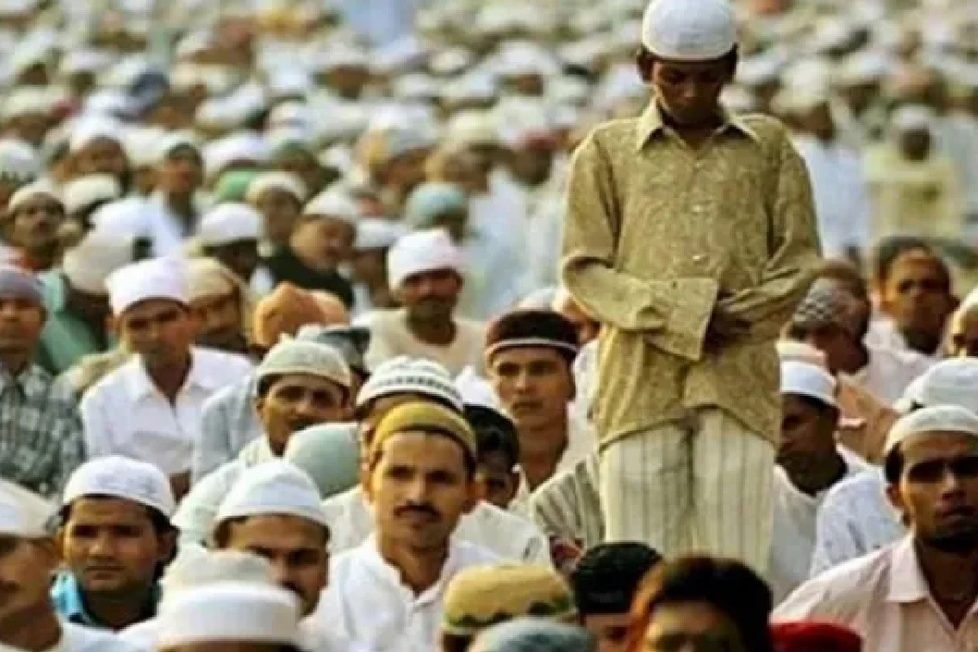Muslim societal stratification: Discrimination that many of us unaware about?


With every incident, the caste and religion of the victim are made public like they’re some endangered species, on the verge of extinction. While Hindus are hated by liberal-Marxist intellectuals for the caste system, the same channel refuses to consider genuine matters pertaining to casteism and oppression in Muslims due to caste. There is widespread discrimination between the two factions Ashraf and Ajlaf in Muslim society: which many of us are definitely unaware of.
Muslim society splits itself into two groups: local converts (also known as “Ajlaf”) and descendants of Arab or other invading groups (also known as “Ashraf”). These terms were developed when Islamic invaders from the west stormed and conquered parts of the Indian subcontinent and converted native Hindus at the point of the sword, even though the Qur’an did not require the formation of such groupings.
The Syeds, who are thought to be the direct ancestors of the Islamic prophet Muhammad, are at the top of the Muslim caste order. The Syeds typically marry inside their caste and do not wed people from outside of their group (for example, the Pathans). The Syeds are thought to be decedents of Husayn Ibn Ali, the Islamic prophet Muhammad’s grandson, while the Shareefs are decedents of Hasan Ibn Ali, Husayn’s brother. The two communities have a lot of sway in Islamic society and are frequently at the top of the social order among Muslims.
The Pasmandas of the Ajlaf group, which are made up of “Shudra” and Adivasi converts, are at the bottom of Muslim society. The Pasmandas, a per se term for “those who have fallen behind,” are the most marginalized segment of Indian Muslims. The Pasmandas are the Muslim community in India’s least politically represented minority, making up about 85% of the country’s overall Muslim population.
In 2019, the online news outlet Firstpost released a piece by Ajaz Ashraf in which he discussed the widespread prejudice Indian Muslims have toward the Pasmanda minority. Ajaz Ashraf estimates that during the First and Thirteenth Lok Sabhas, 7,500 MPs were chosen. There were 400 of them who practiced Islam, and only 60 of those lawmakers were Pasmanda. Despite making up just 2.01% of India’s population, the Ashrafs held 4.5% of the seats in the First through Thirteenth Lok Sabha.
There have been numerous reports of Sharifs from the higher caste discriminating against the Pasmanda community. The Dalit Halalkhors (sweeper caste) and Mehtar castes reportedly had separate glasses of drinking water in Muslim-dominated districts, according to the same Firstpost story quoted above by author Ajaz Ashrah. A similar inequality was evident in mosques, where members of the upper caste prayed in the front rows and members of the lower caste prayed in the back. Some locations forbid Dalit Muslims from entering public cemeteries set aside for the Ashrafs.
Islam as a religion has also engaged in this discrimination when the subject of the “Caliphate” comes up. Only a member of the Quraysh tribe, to which Mohammed belonged, was eligible to serve as the caliph of Islam, according to the Hadith. The Qur’an boasts in its verses of the “equality between believers,” which is in stark contrast to this.
The Print has also acknowledged the presence of a caste system in Muslim society, even as it mockingly refers to it in the first sentence of its piece as a “Brahminical sickness” while alluding to the caste system among Muslims. The Print claims that members of the Ashraf community use elections to subvert Muslim society’s political system by claiming that voting for them is an obligation under Islam and ridiculing Pasmanda members who oppose them
DISCLAIMER: The author is solely responsible for the views expressed in this article. The author carries the responsibility for citing and/or licensing of images utilized within the text.
